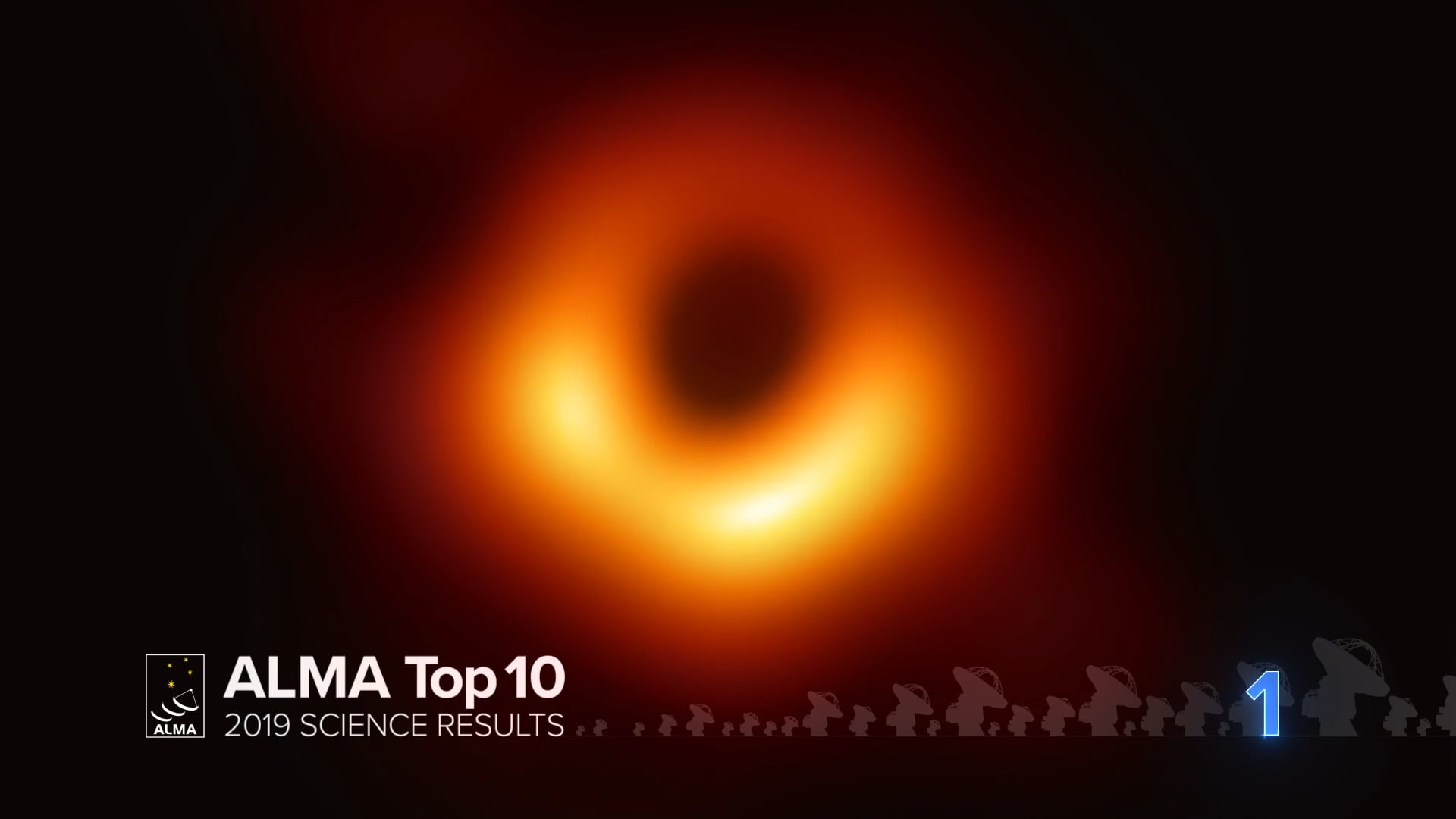Why Do Black Holes Lose Mass When They Emit Hawking Radiation?

Question:
I have a few questions about BLACK HOLES and ANTI-MATTER which I haven’t been able to find an answer for no matter how long I searched… It seems nobody has a decent answer.
(Hawking Radiation) I know that black holes ‘evaporate’ over huge time spans via process called ‘Hawking Radiation’. A pair of virtual particles appear right on the edge of the event horizon. One particle falls in to a black hole while it’s counterpart escapes, thus appearing as if the black hole emitted a particle and lost mass in the process.
My question is… Why does the particle that falls in somehow SUBTRACTS from the black hole’s mass instead of ADDING to it? I assumed that anything falling into a black hole would add to it’s mass, be it particles or energy.
The only answer I found so far is: When virtual particles are created, only the anti-matter particle falls in, and decreases black hole’s mass.
Which leads me to another question… Why is it that only the anti-matter particle falls in and not regular matter particle? Wouldn’t gravity affect them equally and they fall in in equal amounts thus canceling out the mass decrease?
Answer:
The visualization that describes Hawking Radiation as the creation of particle/antiparticle pairs near the event horizon of a black hole that then swallows one of the particles while the other escapes is not really a correct analogy of the physics of Hawking Radiation. A better description of the process whereby a black hole loses mass is based on the release of black body radiation produced near the event horizon that escapes, thus reducing the mass of the black hole. You can find a very detailed explanation of this process on the Ask Ethan post entitled “How Do Black Holes Actually Evaporate?”.





